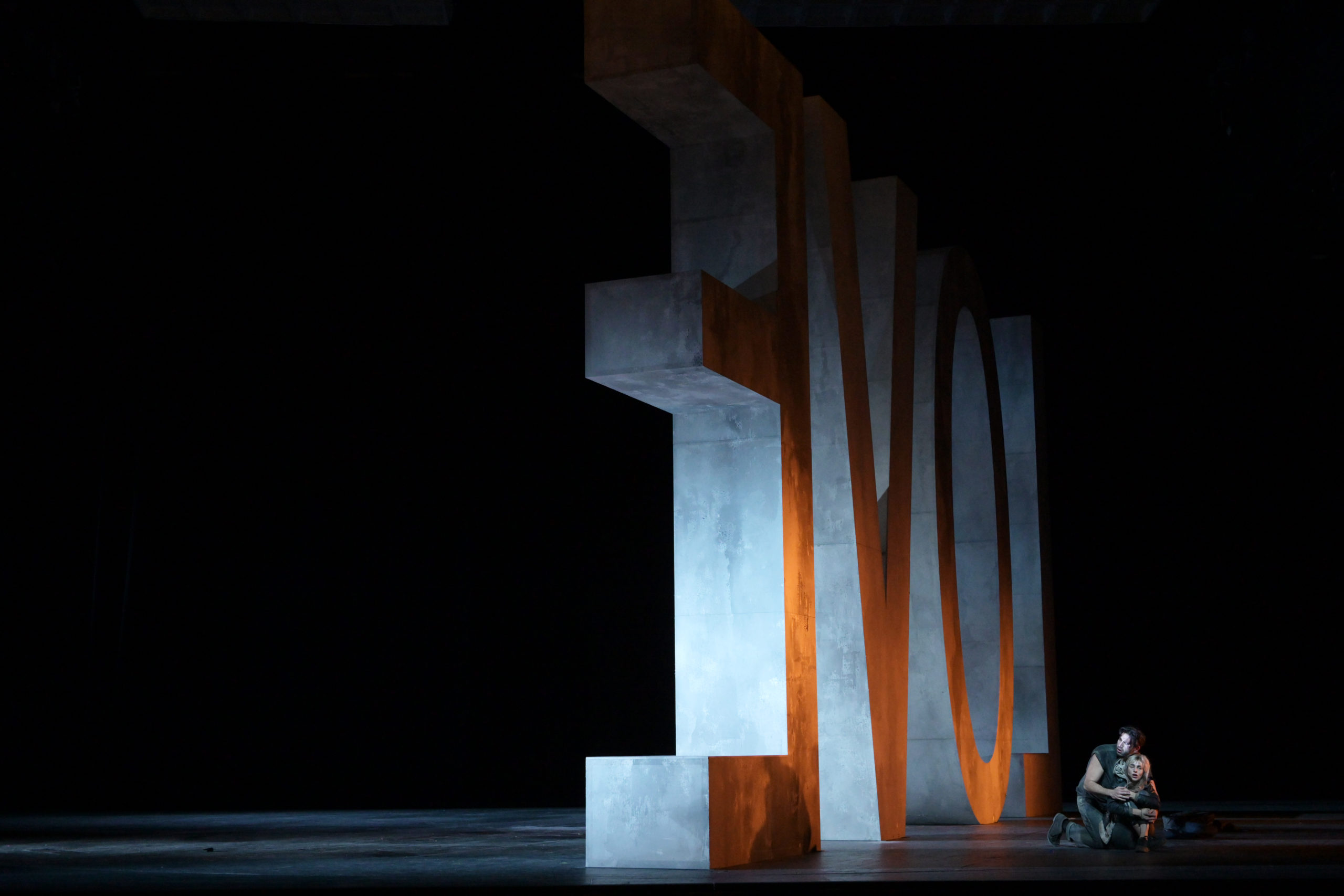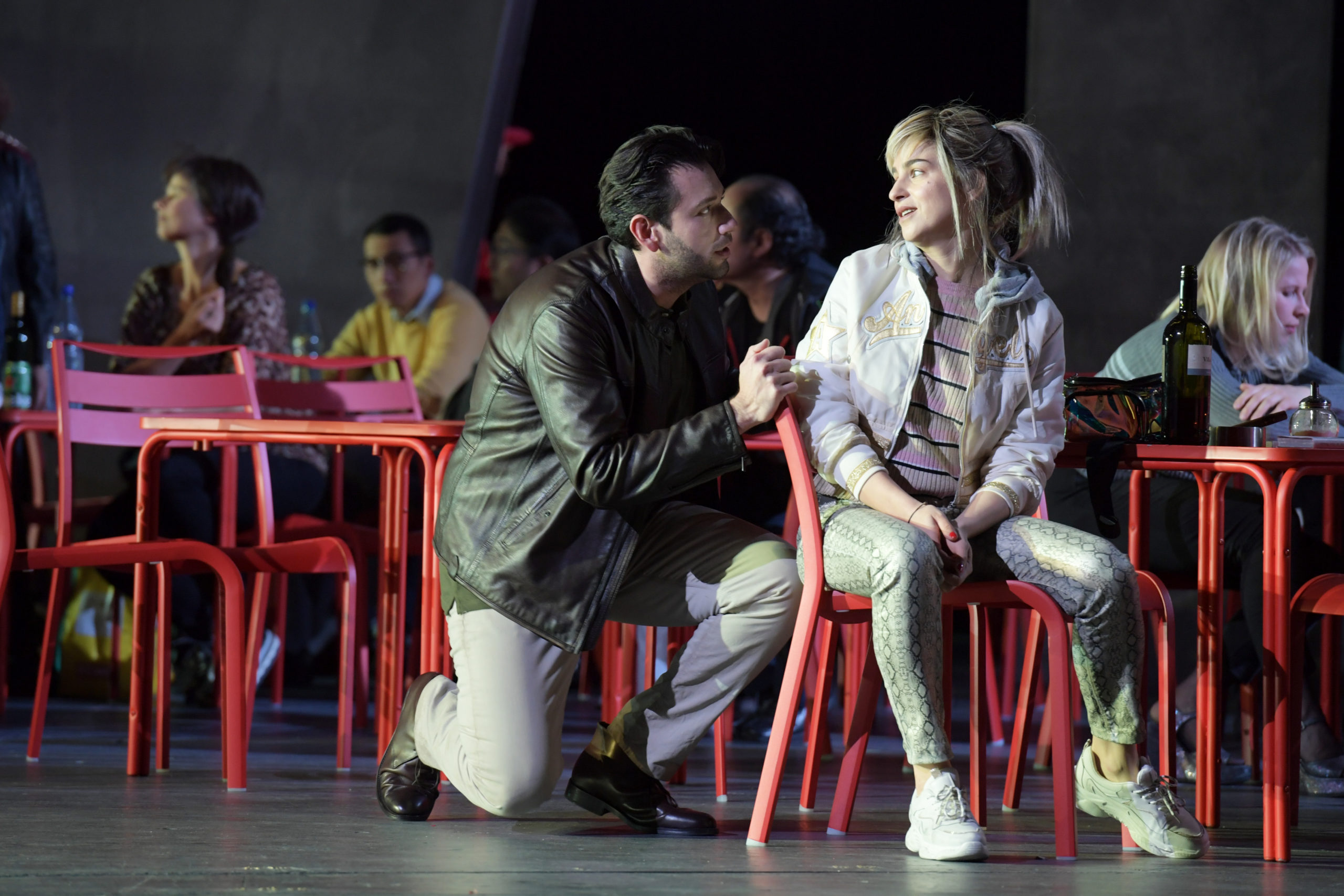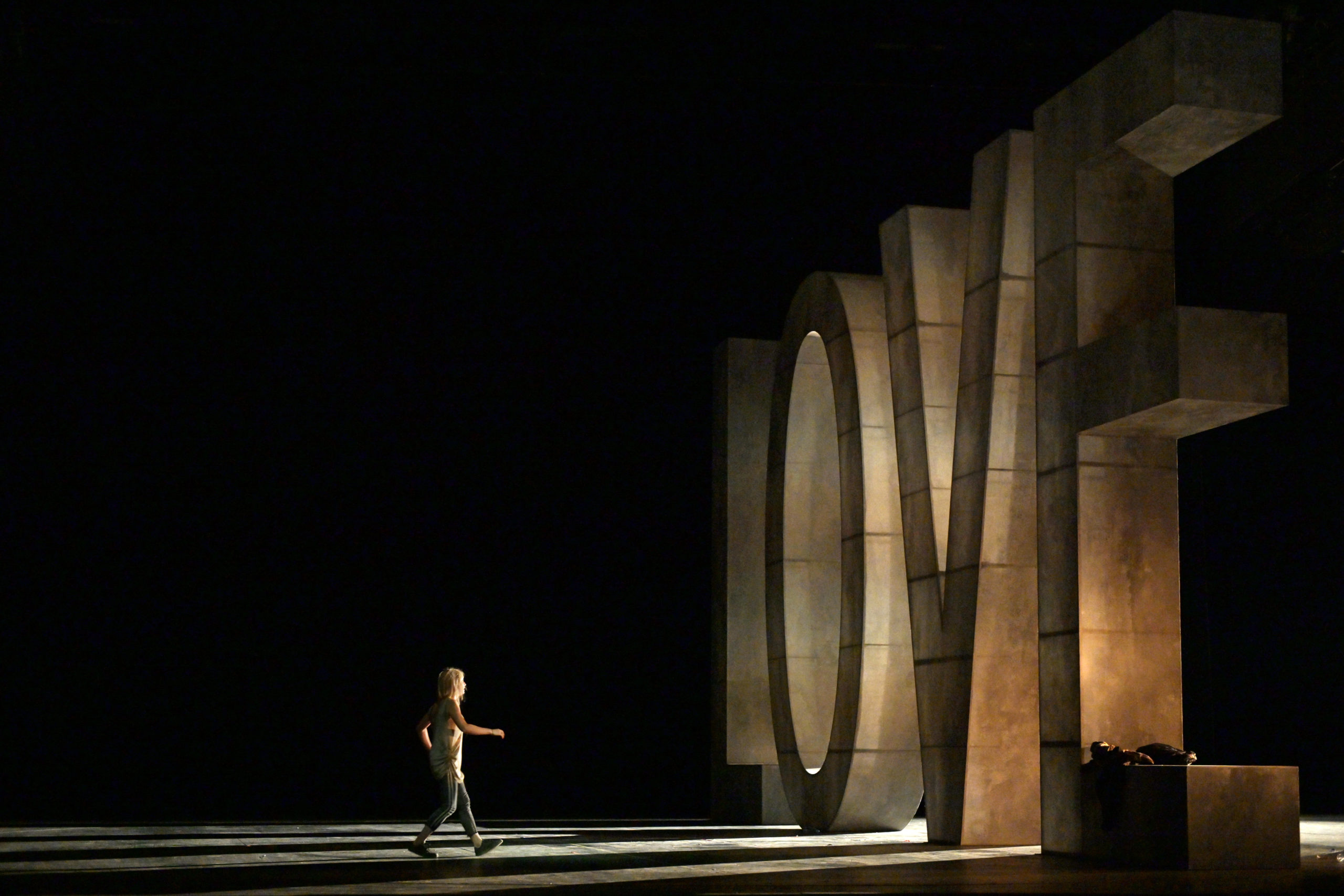No journey’s end. A life of overwhelming passion, living beyond ones means in a permanent state of transit from which only death can provide the longed for refuge. In her desire for a more fulfilling, seemingly unattainable, life Manon changes her social situation with burning will and ambition. She soon realises that ‘total freedom’ is fragile. The first thing she sacrifices is her love for Des Grieux, a student, who turns out to be the only anchor in the abyss of her (and his) future. Giacomo Puccini shaped his own version of Abbé Prevost’s scandalous novel, which inspired many composers down the years, going even further than the original in its ‘desperate passion’, radical approach and stark realism. The composer chose to concentrate on scenes of destruction, focussing on them in snap shot fashion, rather that judging the title figure’s ambivalence or taking an idealistic look at an unlikely Amour fou. Rich in orchestral colour and modern contrasts, Manon Lescaut, which cemented Puccini’s world fame in 1893, focusses on raw emotion as the meaning of life.









































